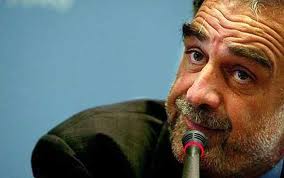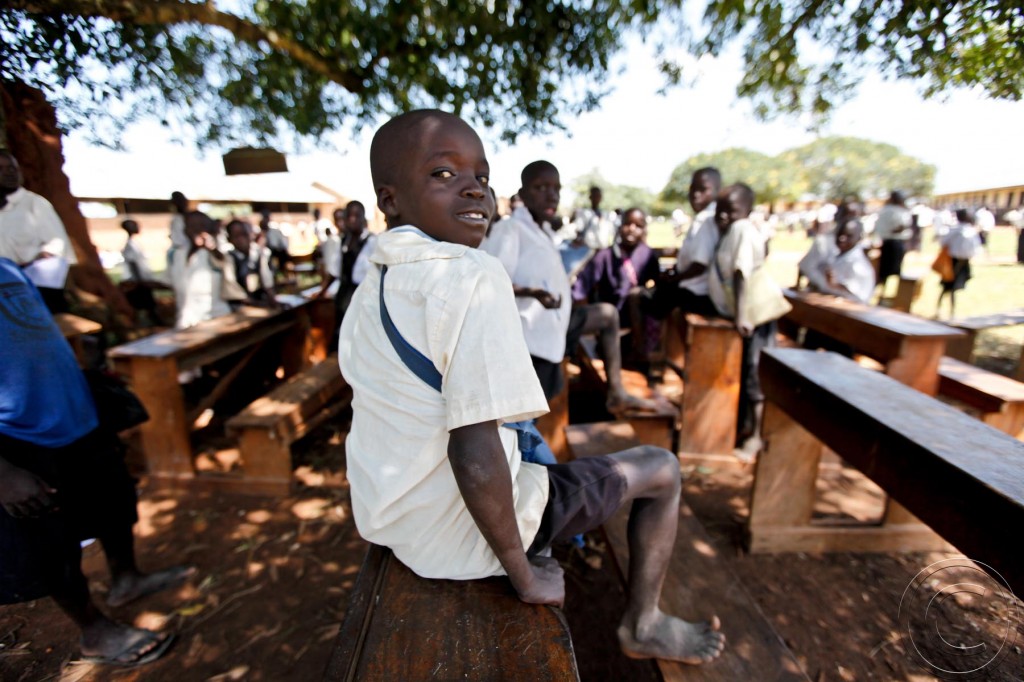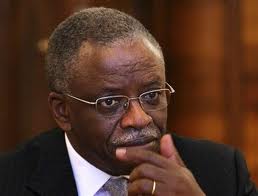On Wednesday, March 14, the International Criminal Court (ICC) will witness its first verdict for war crimes in its history. The timing of the verdict this week is special for the following reasons. The accused is Congolese, his main crime is the use of child soldiers and his fate, at the hands of international justice is at the heart of the debate of external intervention into Central Africa’s conflict zones. Most of the other pending trials at the court are Congolese. All the courts cases and investigations are in Africa so its safe to say that it is also the African Criminal Court. The trial and pending verdict of Thomas Lubanga Dyilo, the former leader of the Union of Congolese Patriots (UPC) highlights the intricate knitting of crimes and criminal enterprises in the region. A one time ally of Uganda, Lubanga’s UPC was in action well after Uganda had referred in a special arrangement with ICC Prosecutor Louis Moreno Ocampo- the case of the LRA in 2003. While Mr.Kony, who has been the subject of a major cyber debate this last week, remains free and operational in Eastern DRC where UPC used to run riot, Lubanga may be spending the rest of his life in jail if convicted. The relationship between the two rebel leaders, their careers and their alliances in the region is not deeply questioned in the present atmosphere.
Joseph Kony has long been an adversary of Ugandan authorities whereas Lubanga was a one-time ally. Now Kony is being hunted in the fields that Lubanga vacated by Uganda and its allies and for crimes that Kony himself was the first to be accused of. That is at the ICC.
During the peace process in 2006 and following the ICC’s indictment of LRA leaders a major debate had raged about the efficacy of external involvement. Some of the strands of this debate by experts, governments and local civil society groups was on if the involvement of the Court in an on-going conflict would yield justice for the victims. Clearly even that debate was seen as simplistic. Some effort was done to briefly revive Acholi traditional justice or Mato put that emphasized forgiveness but this fell away as the conflict resumed. Acholi history or better the history of the conflict proper made only a brief appearance. One of the criticisms I offered here about Kony2012 which, has been lambasted in some of the commentary, is that it lacked scholarship and nuance. I offered similar criticism about the ICC in a paper I wrote for the SAIS review years ago at the urging of a friend. From where I sat these trials either by the ICC or in the case of Kony today, the court of online opinion, focused on perpetrators of violence not its entrepreneurs. The enterprise of violence that is still alive and claims hundreds of lives even today requires more. That extra cannot be achieved without nuance or scholarship.
I often see the map of conflict in the Great Lakes as fluid and large. Over the years I have sought to argue a peace and security architecture that takes this into account. At a simple level I sometimes point out that Joseph Kabila who is saddled with Joseph Kony’s crimes today was once ( together with members of his family) resident in Kampala. His journey to State House is the consequence of a history worth examining. President Paul Kagame was once a high-ranking member of the Ugandan army. At many points in between their organizations allied and dis-allied. In turn international organizations have built their own alliances around them. It’s not a singular story of success or failure. No harm can be found in taking this into account in the debates over policy or the actions that we require of it.
Finally and since it is probably going to be a recurrent theme- there has been focus on the reaction of Africans or Ugandans for that matter to the invasive nature of the present effort against Kony. I said in my first post on the issue that it is disempowering. Someone disagreed, as do many of the readers of this blog. Others agree. I must say that in part feelings of anger or resentment by Africans has a long history too.
It is also because of self -blame directed at ourselves.
Colonialism was painful because it was successful. Many Africans feel tethered to that sense of powerlessness because it has continued in the unequal relationships the continent has maintained with the rest of the world. This was the reaction at various points to the ICC by many African leaders and their supporters.
Thabo Mbeki, President Nelson Mandela’s successor made the same points at Makerere University just weeks ago. I had planned to respond to President Mbeki in a much longer piece but did not. But I understand how many Africans suspicious of outsiders and frustrated by their own efforts can be resentful of a film that empowers others in a situation where they ( Africans) have the most stake. It is not a rejection of charity simply a reaction to it something worth being sensitive to.










